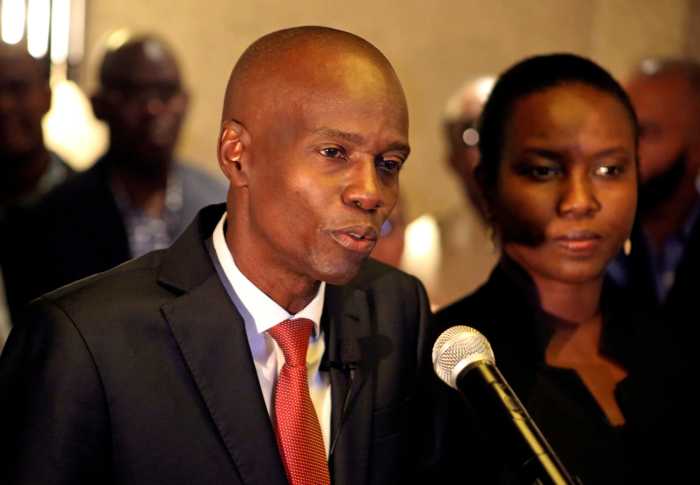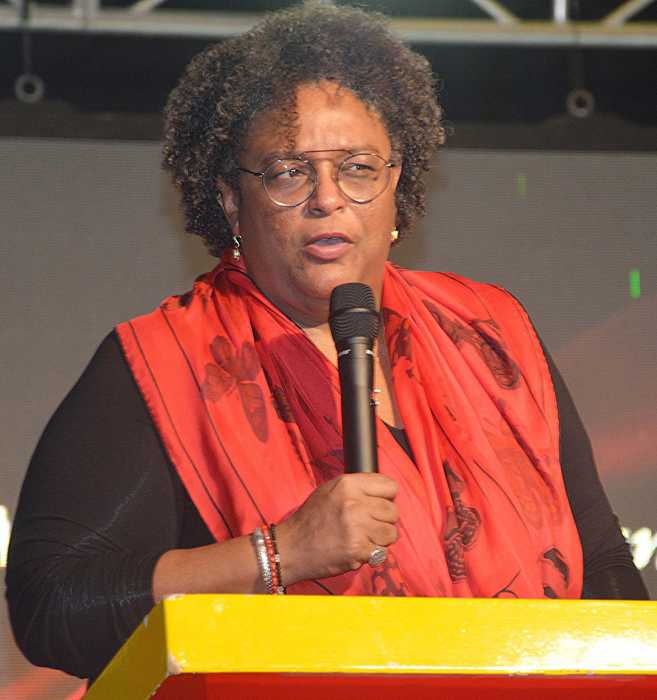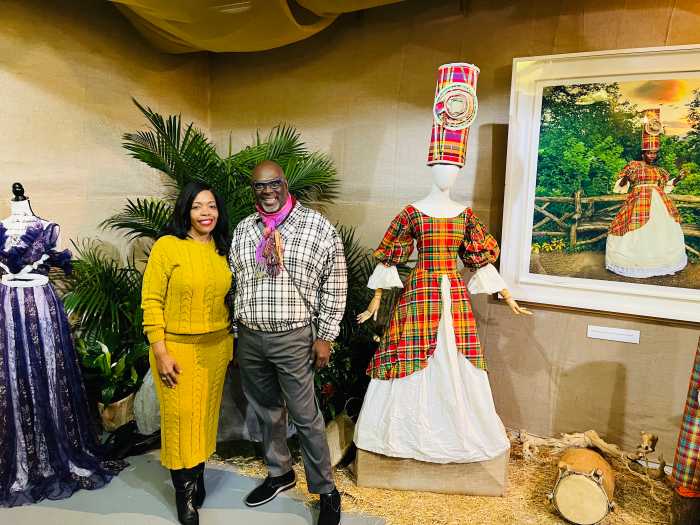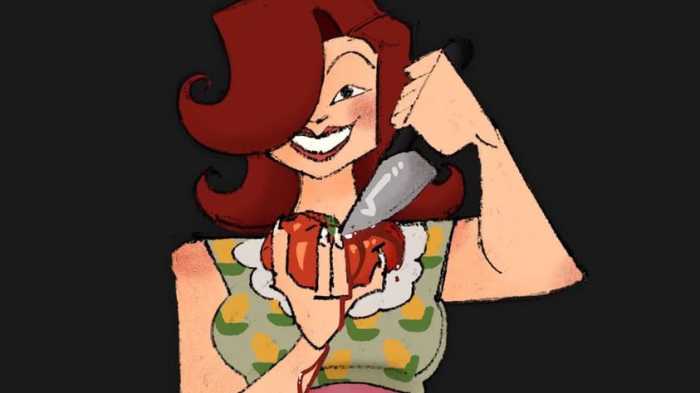Members of La Troupe Zetwal, a Haitian cultural dance group, performed in celebration of Haitian flag day at the Clarendon Library branch in Flatbush on May 19. The show featured various traditional dances native to Haiti, as well as other artistic forms. The troupe’s founder was gratified that library patrons in the audience became very engaged in the event, even going so far as to join in on an interactive dance session.
“We heard a lot of positive feedback from people on how much they loved our dancing and dress colors — and people were excited to dance with us during the participation part of the show,” said Sherley Davilmar.
She explained that the dance troup staged four rhythmic cultural dances — Yanvalou, Nago, Congo, and rara — dance expressions about spirits, warriors, love and beauty, and carnival.
The hour-long presentation also showcased drummers, spoken word, narrated dances, and a musical sing-a-long in Haitian Creole. After the performance, the troupe conducted a question-and-answer session for audience members and onlookers eager to know more about what they had seen.
“We had a lot people raising their hands and asking us a lot of questions about the traditional songs and our dance movements,” said Davilmar, who was only too happy to provide context to inquiring minds, and enhance local knowledge about Haitian heritage.
“A lot of people don’t know the Haitian history — and the history behind the flag — because this is not something that they see regularly at all in the community, especially in a library,” she said.
Davilmar says presenting this cultural show at an educational center to celebrate an important holiday in Haiti is part of her continuing effort to use the arts to showcase Haiti’s culture, and furthering her own education on her ancestry.
“Growing up I had to learn a lot about my own culture because I knew more about American culture than Haitian, but I wanted to learn to more about it,” she said. “So it’s really important to me pass on that tradition to Haitians who were also born here and don’t know about the culture, because that’s how the culture will continue to grow.”


























